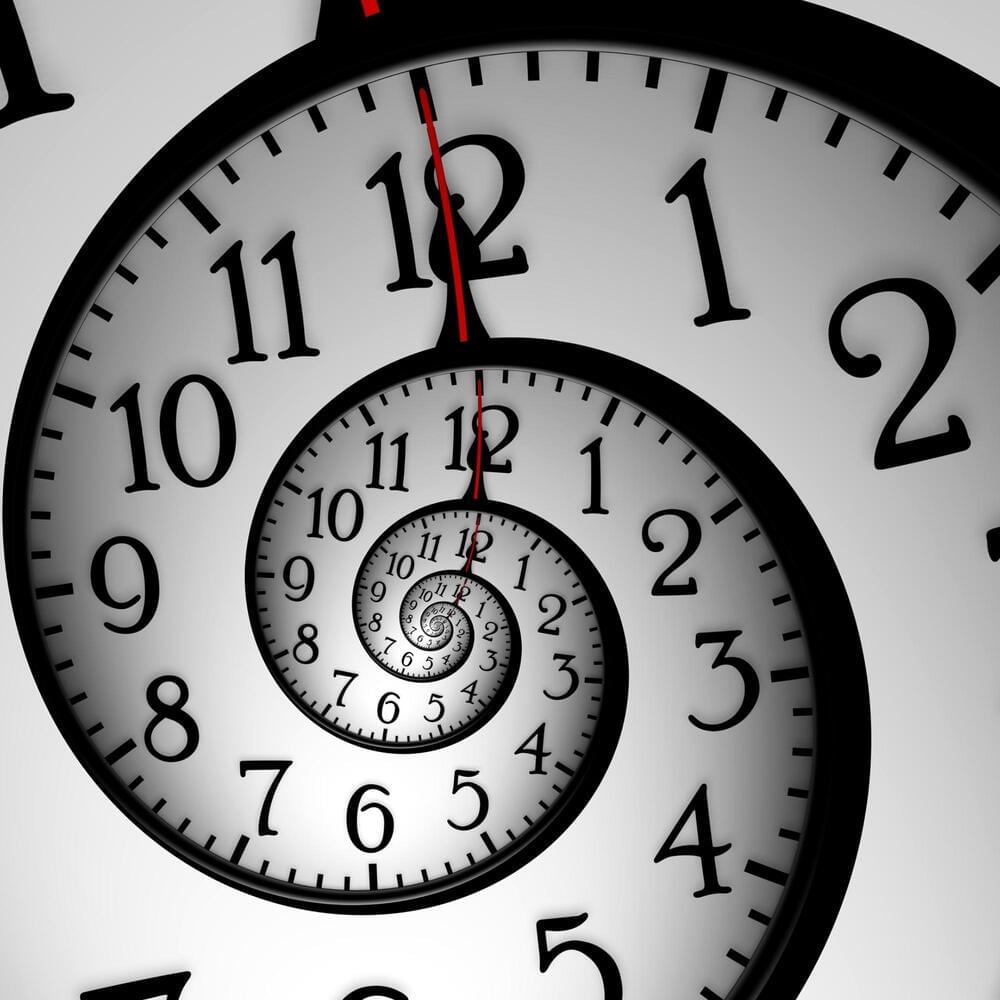You might identify with the Mind After Midnight hypothesis if you’ve ever stayed up late angrily commenting on Twitter posts, finishing another bottle of wine, eating a whole pint of ice cream out of the container, or just feeling miserable.
The hypothesis suggests that when humans are awake during the biological circadian night—after midnight for most people—there are neurophysiological changes in the brain that alter the way we interact with the world, especially actions related to impulse control, reward processing, and information processing. The hypothesis was detailed in a recent paper published in the journal Frontiers in Network Psychology.
“There are millions of people who are awake in the middle of the night, and there’s fairly good evidence that their brain is not functioning as well as it does during the day.” —
